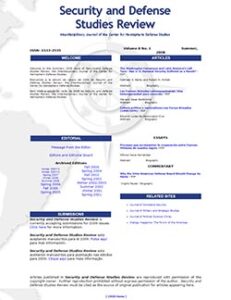This article discusses the role of nationalism in internal disputes in the Armed Forces that occurred during the years 1964-1979, which period corresponds to the first fifteen years of the Military Regime in Brazil. Over the course of the period that we are studying, issues related to the economic development and foreign policy of the country polarized the debates and conflicts within the realm of the uniformed class, resulting in significant transformations in the strategies implemented by the State with a view toward building a "Great Power." To evaluate the importance of the nationalistic component in the political culture of the military, it was necessary to gather and link the antecedents that gave rise to the convictions and devisions existing in the armed institutions when the 1964 Movement emerged. Next, the military groups that came to compete for the control of the State apparatus are described, examining how the greater influence of one of the other impacted on the decision-making process related to the following issues: nuclear program, arms industry, nationalization of the economy, foreign capital, sensitive technologies, colonization of the Amazon, relations between Brazil and the US, international accords, multilateral forums and foreign trade policy. In discussing this point, special emphasis is given to the pronouncements and declarations made by the officials who were the key players during this period, as the justifications presented by them make it possible to establish a cause-and-effect relationship between the measures that were adopted and the nationalism that permeated the political culture predominant in the Armed Forces.

